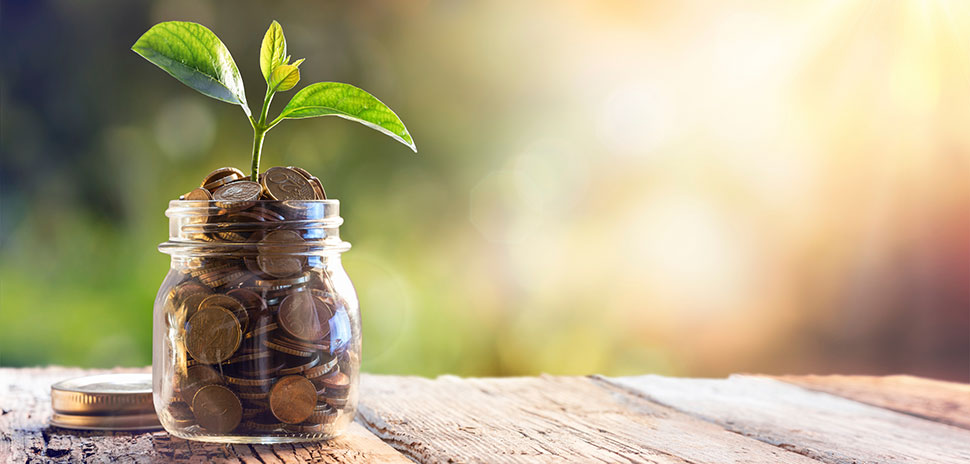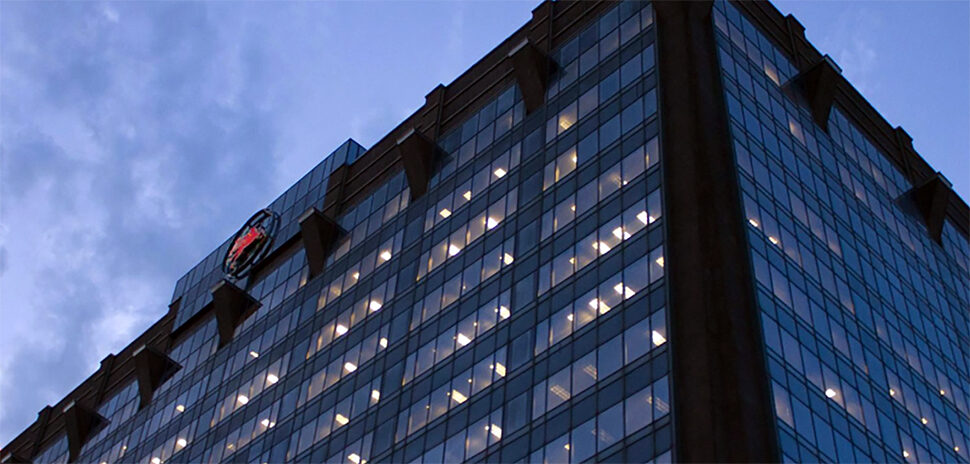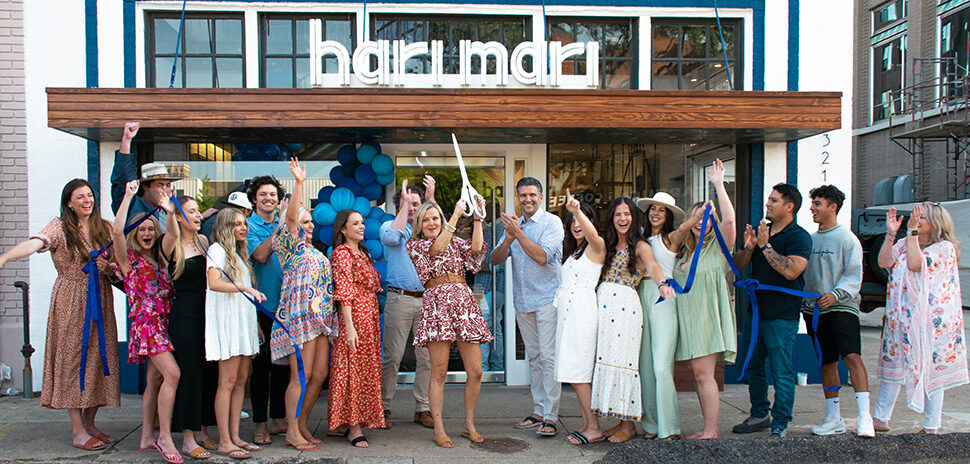What do you think of this mission statement? “To organize the world’s information and make it universally accessible and useful.”
Does it sound like it belongs to a for-profit or a nonprofit?
Some of you may recognize it, yet, others may be surprised to know it belongs to Google. A company worth more than $500 billion.
Imagine if, in 1998, Larry Page and Sergey Brinhad had instead formed Google Initiative, a 501(c)(3) organization dedicated to “[organizing] the world’s information and making it universally accessible and useful.”
Would Google Initiative have raised $25 million in 1999, as they did? Would it have scaled to every part of the world in less than a decade?
No, I don’t believe it would have. Google’s mission would not have become a global reality without the capacity to generate financial returns. AdWords, its business model innovation, turned Google’s mission into a large-scale profit generator.
Investors were willing to pour over a billion dollars in less than a decade to grow Google — not because they loved its mission, but because of the returns it could generate.
WHY FOR PROFIT WORKS
Armed with this knowledge, why then do we ask so many institutions working on top challenges of humanity to do so without generating returns? If an organization cannot generate returns, it cannot raise capital at the pace and reach of a Google, and that means it cannot scale like a Google either.
That’s why it is urgent for us to innovate both business models and investment return models that apply to all the missions that matter, including issues such as poverty, hunger, health, education, slavery, women’s rights, justice, sanitation, clean water, and clean energy.
Fortunately, thousands of organizations are now innovating methods to blend key humanitarian missions with financial returns.
Fortunately, thousands of organizations are now innovating methods to blend key humanitarian missions with financial returns.We call them impact organizations.
An impact organization serves a key need of humanity, has or is working toward a sustainable financial model, and it does not generate substantial negative side effects as it grows.
Verb, an Austin-based social innovation driver, estimates there are at least 1,000 impact organizations in Texas alone. Millennials, who are both entrepreneurial and purpose-driven, are accelerating the growth of impact organizations, dramatically changing the way we address human challenges.
SOCIAL IMPACT HAPPENING IN DALLAS
The Dallas-Fort Worth area is participating in this trend: our own impact ecosystem is growing. Successful social enterprises like Café Momentum, Translation and Interpretation Network, and the Akola Project each have a humanitarian purpose as their core purpose and also have financial sustainability built into their organizational DNA.
We have our own at Soap Hope, a for-profit business designed to end poverty for women, and Good Returns, a business model designed to help impact organizations acquire scaling capital. Dallas is home to programs such as Ground Floor, and social innovation workspaces such as The Grove, which are helping social impact organizations deploy profitable and sustainable models.
And more than 40 businesses, philanthropists, and civic leaders have come together to shape the Impact City Initiative, a plan to make Dallas and its neighbors a key global hub for scalable social impact organizations.
In just under 20 years, Google has leveraged its return-generating capacity to move far beyond organizing the world’s information. They have participated in mapping every corner of the planet, bringing video to billions of people, developing self-driving cars, driving the growth of solar energy and much more.
Now, imagine what the next 20 years could bring, as tens of thousands of impact organizations and the innovators behind them deploy the power of financial returns blended with key missions for humanity.
Follow him on Twitter @salahboukadoum.
On Sept. 29, Salah Boukadoum will be the featured speaker at Workbench@The Grove speaker series. The Grove Dallas will host a discussion on “Building an Impact Business.” Boukadoum will share his advice for current and aspiring social entrepreneurs, share his vision of Dallas as the Impact City, and tackle your questions about entrepreneurship and sustainable social impact.
READ NEXT
Chad Houser: How Café Momentum Changes Lives
Akola’s Neiman Marcus Line Unites Nonprofits, Business
Delivering what’s new and next in Dallas-Fort Worth innovation, every day. Get the Dallas Innovates e-newsletter.




























